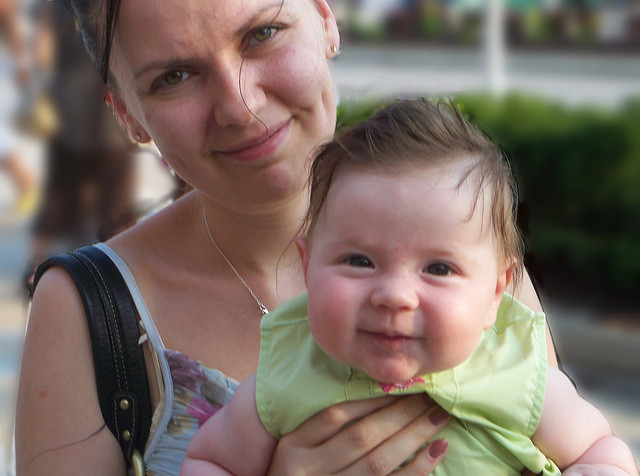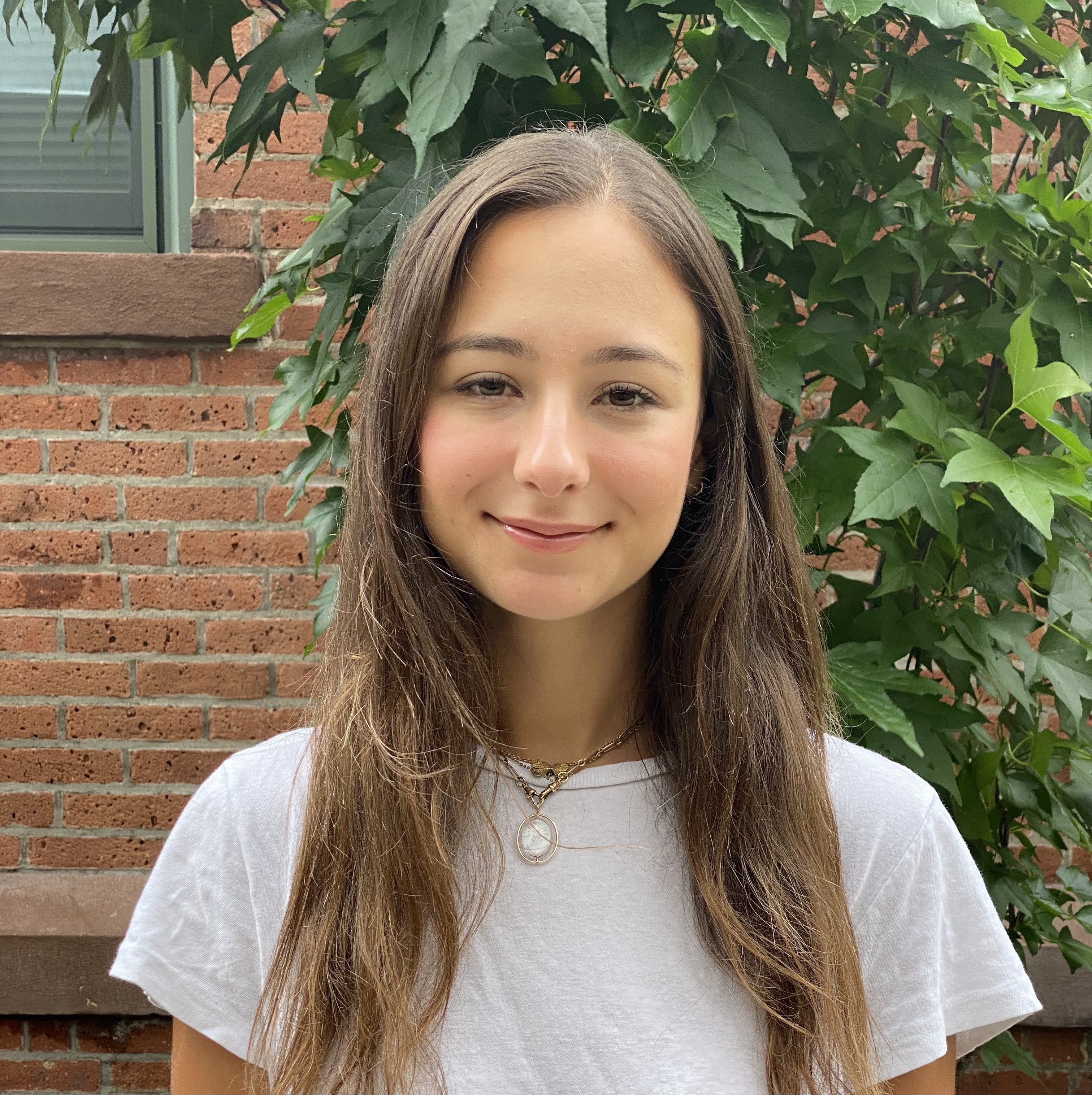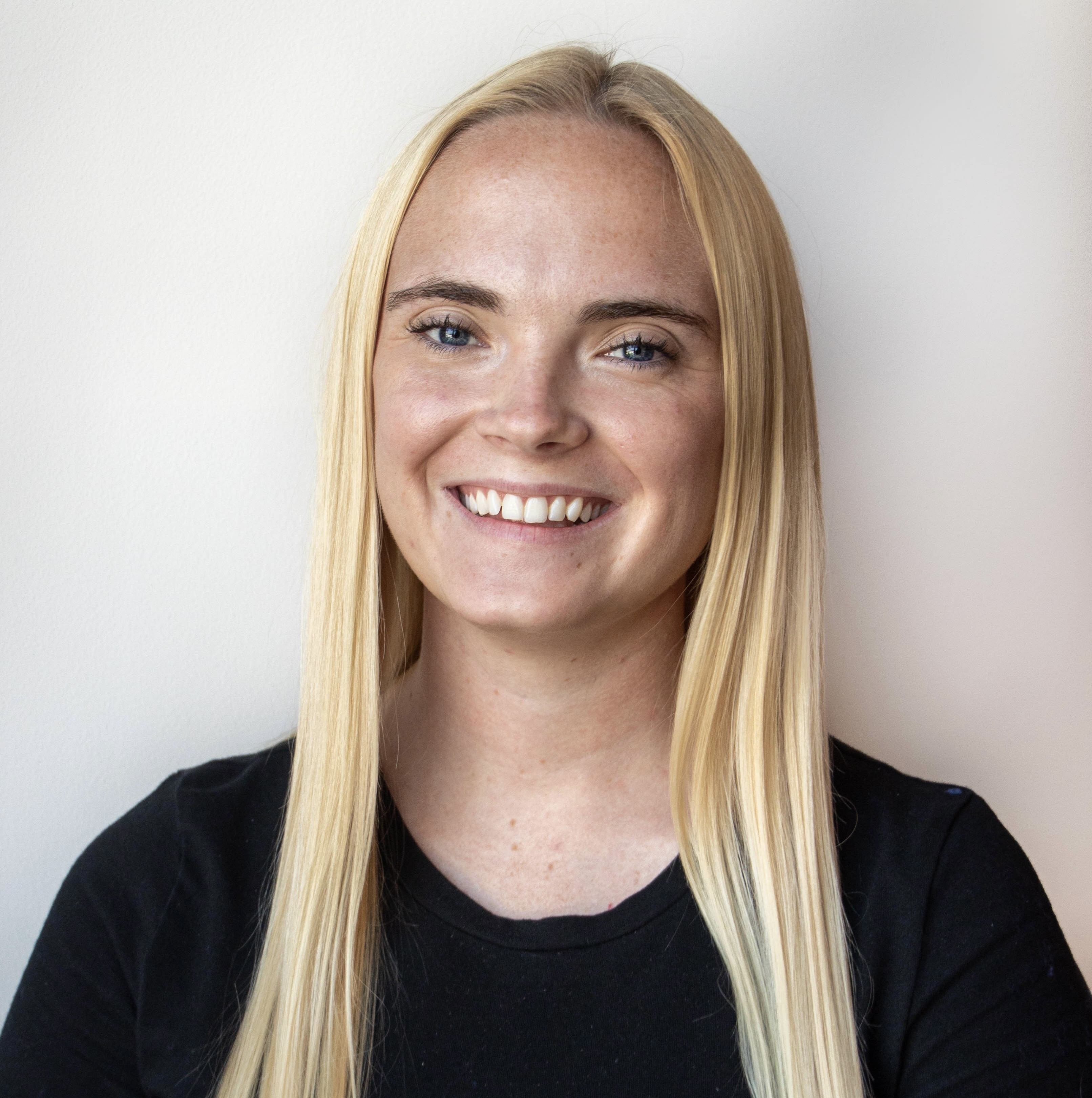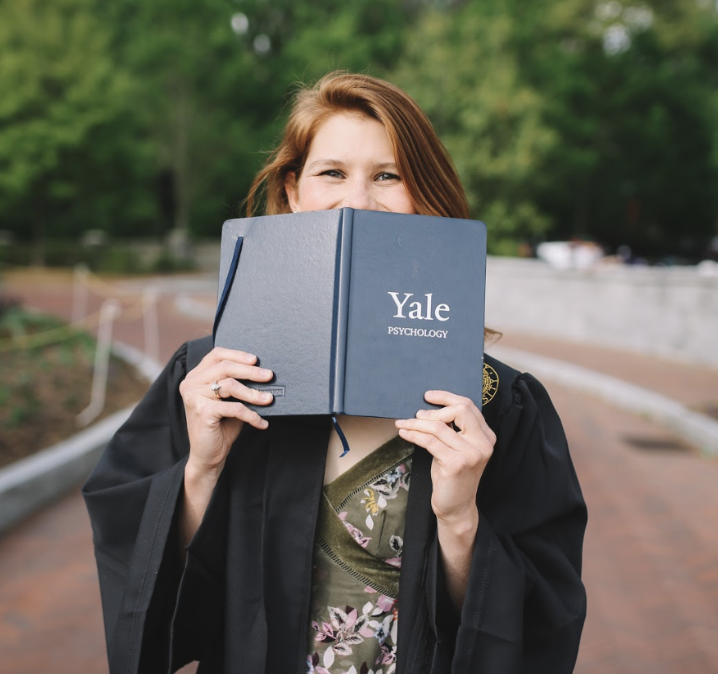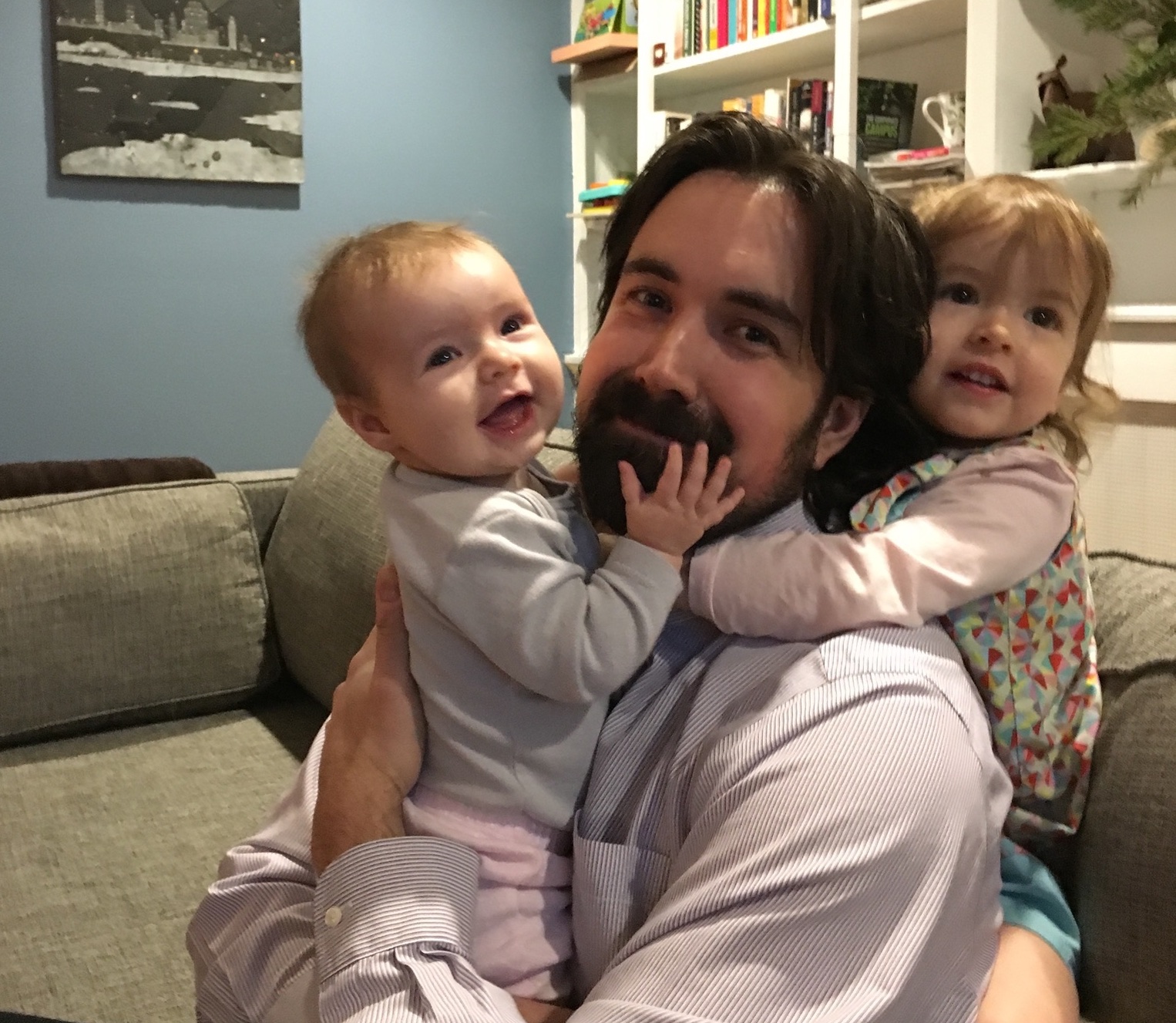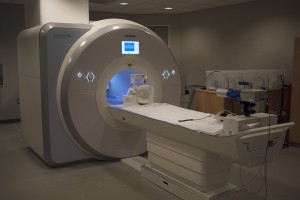An exciting line of research in the lab is exploring how the brain develops. We are able to peer into your child’s mind to understand how they see, learn, remember, and think — information that would be hard for them to express otherwise.
The technique we use, functional magnetic resonance imaging (or fMRI), is safe and has been used in numerous studies with infants and children.
Please read the information below about our projects and team, and feel free to consult the FAQ. If you would like to learn more about how your child can participate, sign up here.
Yale HIC #2000022470

